Mortal Kombat 2: What we want from a Mortal Kombat movie sequel
From gaming inspirations to a more balanced roster, here are five things we'd love to see from a sequel
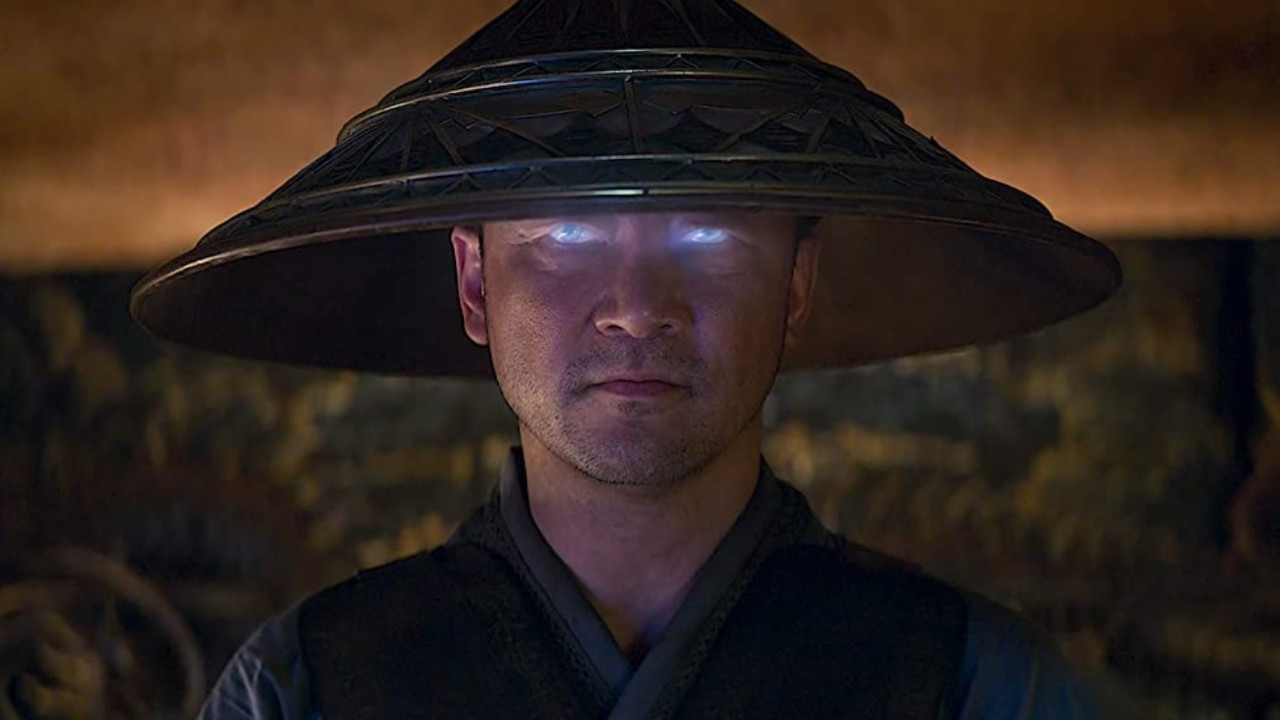
The dust has settled, the blood has been mopped up, and heads have rolled. Mortal Kombat was an undeniable success, topping the US box office and bringing in nearly 4 million viewers on its opening weekend for HBO Max’s biggest at-home success to date. Surely, a Mortal Kombat sequel beckons.
Director Simon McQuoid has already teased the briefest of ideas for Mortal Kombat 2, while writer Greg Russo said (via Collider) that he has outlined plans for a trilogy. The creatives are ready; all that’s needed now is an official greenlight.
But waiting is hard. In the interim, we’ve been brewing up some brutal and fiendish ideas of our own. Mortal Kombat may have been a hit, but it wasn’t perfect. There are plenty of areas to zero in on, refine, and reform before the next entry in the series – including some more inspiration from the games. Here are just some of things we want from a Mortal Kombat sequel, and we encourage you to share your own.
A proper tournament
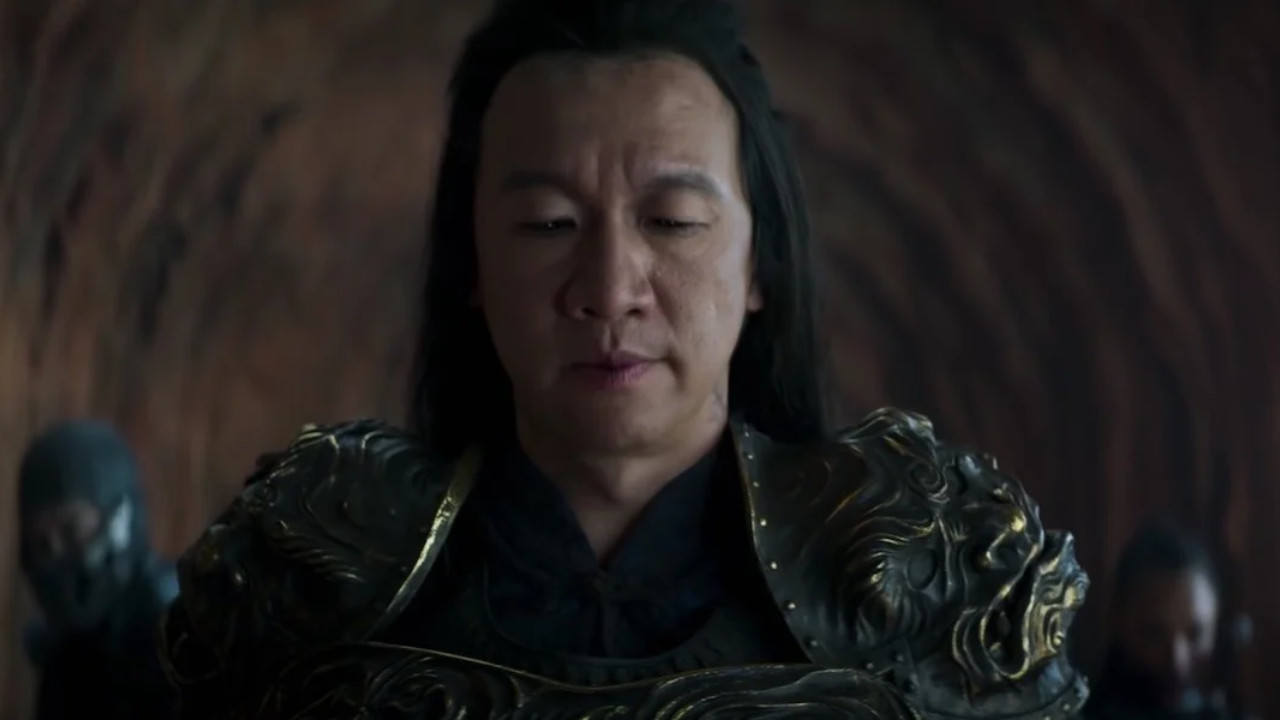
Mortal Kombat was a big ol’ tease. Fans of the games may have expected the movie adaptation to mine the source material – namely, putting together a big tournament – but the trigger was never quite pulled on that premise.
Instead, we got a setup and a handful of fights that felt better suited to the rough-and-tumble of a literal knockout competition.
However, it all seems to be part of the plan. Greg Russo said in his interview with Collider that the hypothetical middle movie in a Mortal Kombat trilogy will feature a full-fat tournament. Imagine eight of Earthrrealm’s champions fighting for the world against Outworld’s finest. Now, picture all manner of betrayals, broken bones, and buckets of blood that will inevitably go with it. It’ll allow for an even freer clash of styles than the first Mortal Kombat allowed, too, which should make for more inventive, exciting action sequences.
The director, Simon McQuoid, doesn’t seem overly enamored with the idea, though. He told Variety that the "idea of a tournament within a script informs a certain structure and rhythm" and they "didn’t really want to serve that" first time round.
Sign up for the Total Film Newsletter
Bringing all the latest movie news, features, and reviews to your inbox
Cobra Kai has proven that a script doesn’t have to live or die on one tournament – and can even heighten the tension and character work that was slowly bubbling away under the gore n’ lore in Mortal Kombat. A tournament feels like a no-brainer to us. Sorry, Si.
More female characters
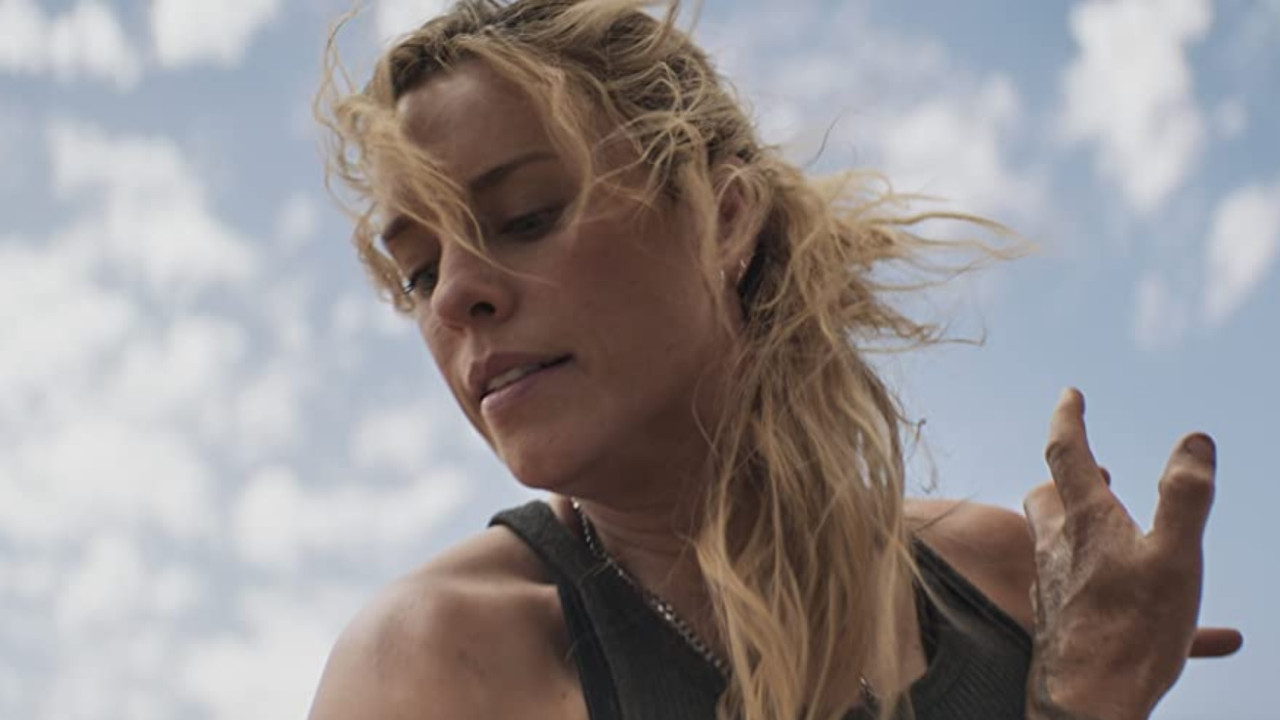
Mortal Kombat wasn’t a complete sausage fest, but there’s no harm in looking a little further afield in Mortal Kombat’s collection of fighters from decades past to help redress the balance slightly. That’s an opinion even mirrored by McQuoid who, in the aforementioned Variety interview, spoke of his intentions to "shift it to be a little more female" in regards to the cast.
There are plenty of options to pick from, too, should the Mortal Kombat sequel go that route. Kitana, alongside Johnny Cage, is arguably Mortal Kombat’s biggest miss. Bringing in the one-time stepdaughter of Shao Kahn not only provides a logical avenue to eventually introduce the hammer-wielding Big Bad, it would also let us set eyes on the stomach-churning “Kiss of Death” Fatality.
Other candidates include Sindel, and D’Vorah – both hugely popular within the fighting game community. In terms of story, there could always be a feasible reason cooked up to say hello to Cassie Cage (daughter of Johnny and Sonya Blade), Jaquie Briggs (daughter) of Jax, and Kronika. A time travel story – with all the twists and turns that come with it – could be set up in the second movie and take more than a few pages out of the books of the recent Mortal Kombat reboot trilogy from Netherrealm Studios. Speaking of which…
Take more cues from Netherrealm Studios’ story modes
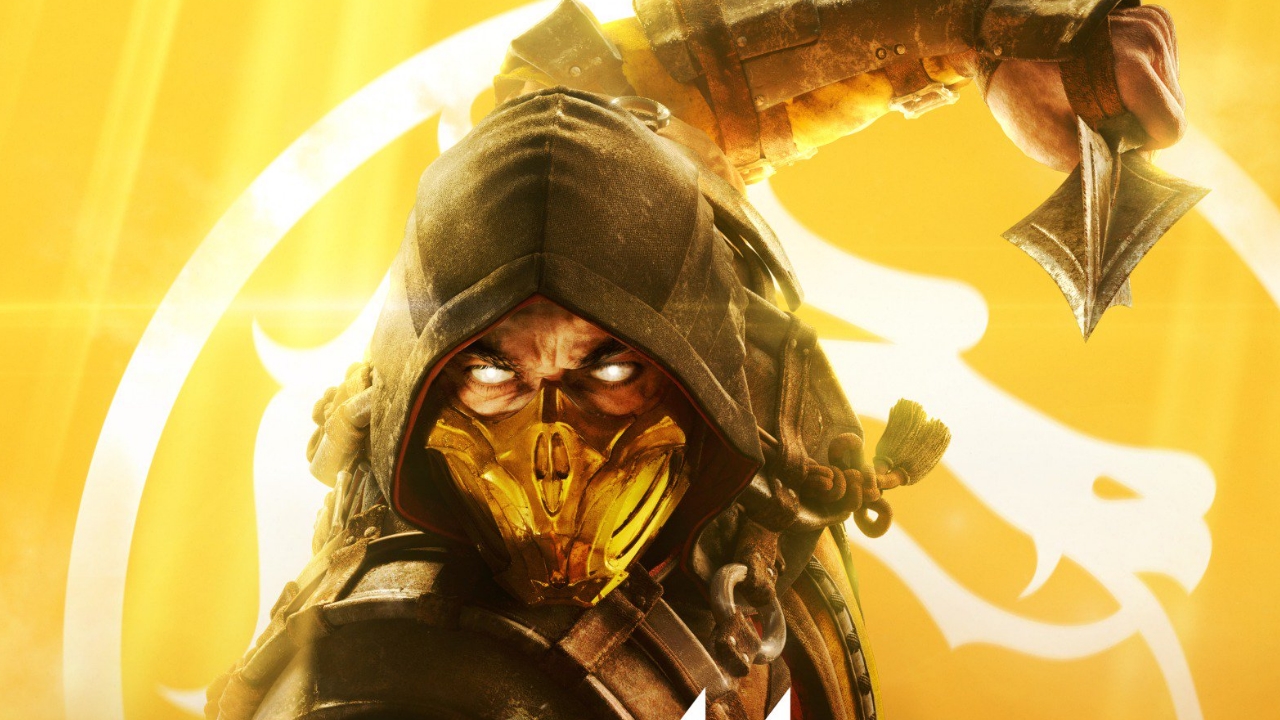
Mortal Kombat 9, Mortal Kombat X, and Mortal Kombat 11 from developers Netherrealm Studios aren’t just high watermarks in the fighting genre, the trilogy is also the gold standard for bespoke story modes. The way every fight matters and is weaved into a larger plot should be commended; it could even serve as a fantastic foundation for a movie sequel.
Where some series might have been content with throwing a few choice names together for fan service purposes, Netherrealm Studios’ efforts smartly pitted long-term foes together and utilized the tried-and-tested trope of reboots and alternate timelines in a surprisingly solid way.
Using the original Mortal Kombat games as a launching pad, the new trilogy deviated from the source material in new and interesting ways. Mortal Kombat 9 toyed with the idea of simply repeating the events of the original game, then branched off to dramatic effect. The unseen guiding hand of fate, where some characters were expected to be good, some evil, was taken away. It was a masterstroke.
In its place, an engaging story that zigged where it previously zagged, and one that continually reached new and exciting junctures. Nothing was set in stone – and anyone could die, even if Mortal Kombat diehards thought they knew how the story was supposed to play out.
Throw in the time travel aspect from Mortal Kombat 11, and you could argue that the entire trilogy is ripe for being transplanted to the big screen. It just does so much: it allows the seamless introduction of multiple fresh and familiar characters, adds in greater tension for video game fans, and even offers a way for the movie series to reboot itself on a whim in semi-logical fashion far down the road.
Yes, integrating time travel and alternate dimensions can be a headache at the best of times. But that shouldn’t stop any future sequels from shying away from a more ambitious arc. Mortal Kombat can use the template of these games to not only provide more compelling reasons for each showdown, but to make the series less predictable for the entirety of its audience.
Fewer obvious nods to the games
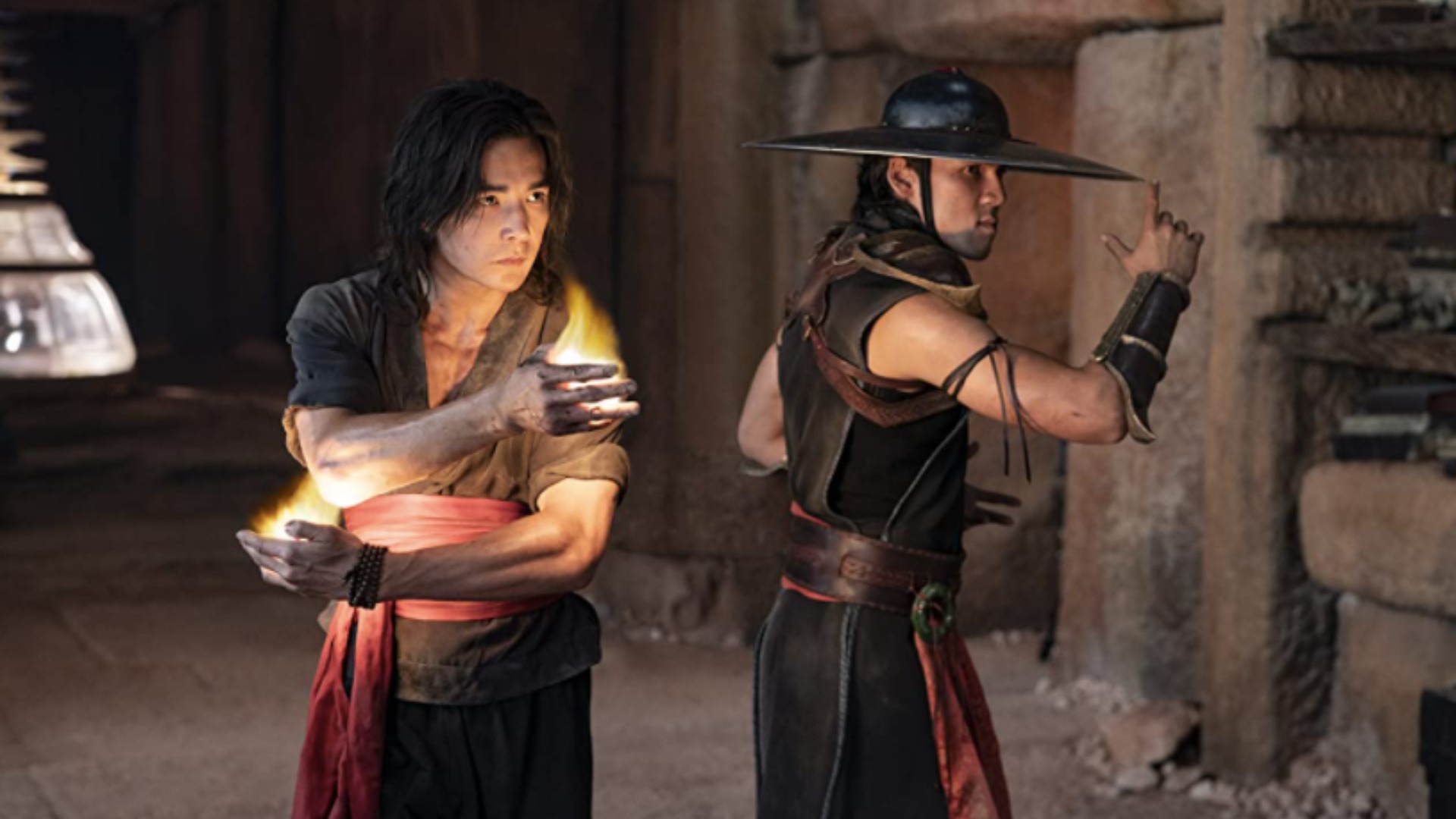
Mortal Kombat’s pros were numerous and the games-accurate costumes and fluid fighting styles were among the highlights. Yet, there were far too many moments that invented their own Fatality for its audience: the ability to cringe out of their skin.
Saying "Kano wins" or "Fatality" out loud to ape the Mortal Kombat games’ iconic announcer was, simply put, a step too far. Instead, the references should evolve next time out to become more subtle. Easter eggs teasing stories to come and deep-cut callbacks should become the new calling card, not a hammy gesture or clunky piece of dialogue. It’s a misstep that needs to be rectified badly in the sequel.
An A-list actor as Johnny Cage
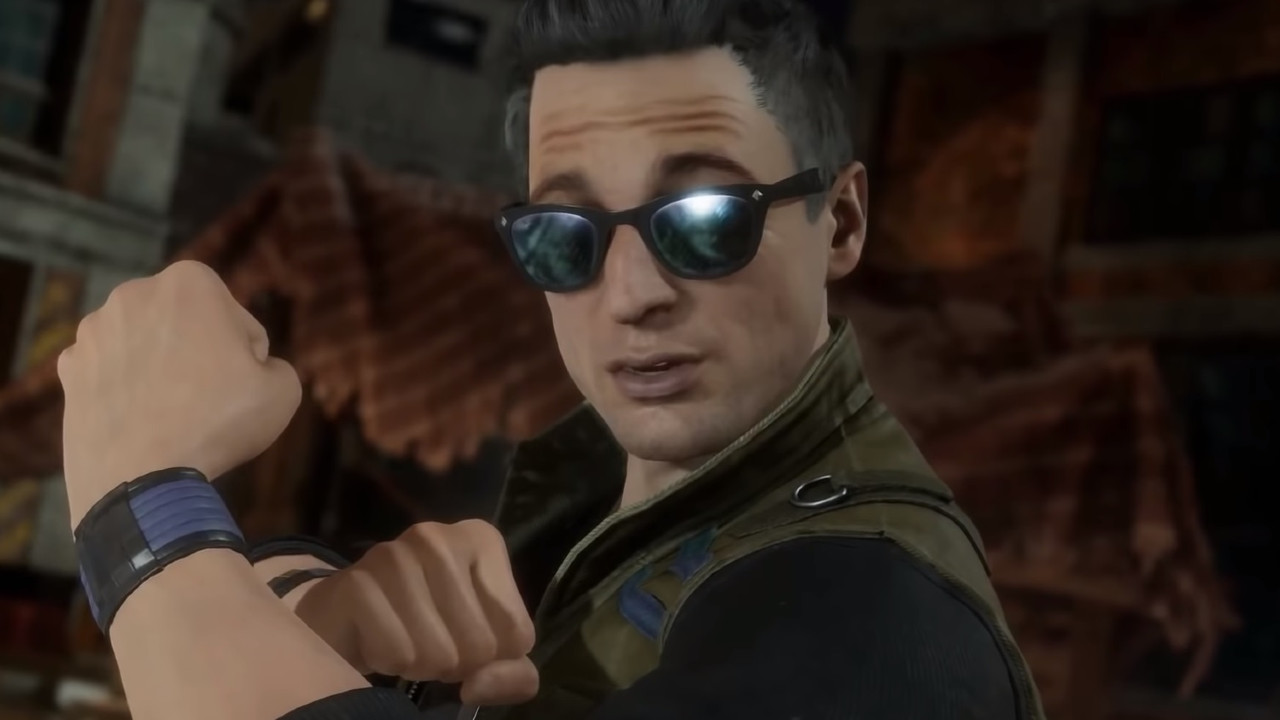
Johnny Cage, the brash, loudmouthed fictional actor, is surely going to be the centerpiece of a Mortal Kombat sequel. For a new character to make the desired impact, it needs to get more meta – and bring in a big A-list name to play the douchey debutant.
Ryan Reynolds has already teased the idea of playing Johnny Cage in a new commercial and would certainly be one major candidate. We wouldn’t be against the likes of Channing Tatum or Chris Pine rocking up to Earthrrealm, either. It not only adds extra spice to an already combustible dynamic, but makes smart business sense too: a big name surely means even more eyes on the product next time round.
Mortal Kombat is available now on HBO Max in the US and on-demand in the UK. For more, check out our Mortal Kombat movie ending explained piece.
I'm the Senior Entertainment Writer here at GamesRadar+, focusing on news, features, and interviews with some of the biggest names in film and TV. On-site, you'll find me marveling at Marvel and providing analysis and room temperature takes on the newest films, Star Wars and, of course, anime. Outside of GR, I love getting lost in a good 100-hour JRPG, Warzone, and kicking back on the (virtual) field with Football Manager. My work has also been featured in OPM, FourFourTwo, and Game Revolution.



